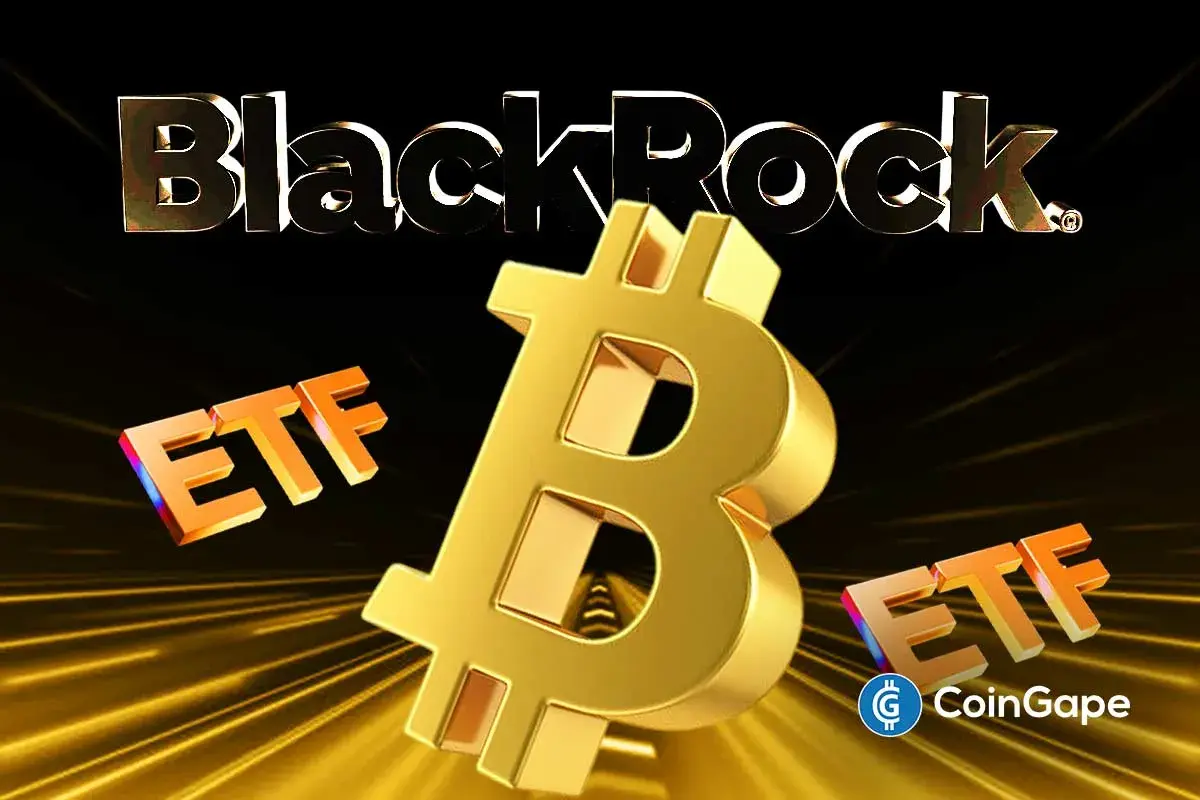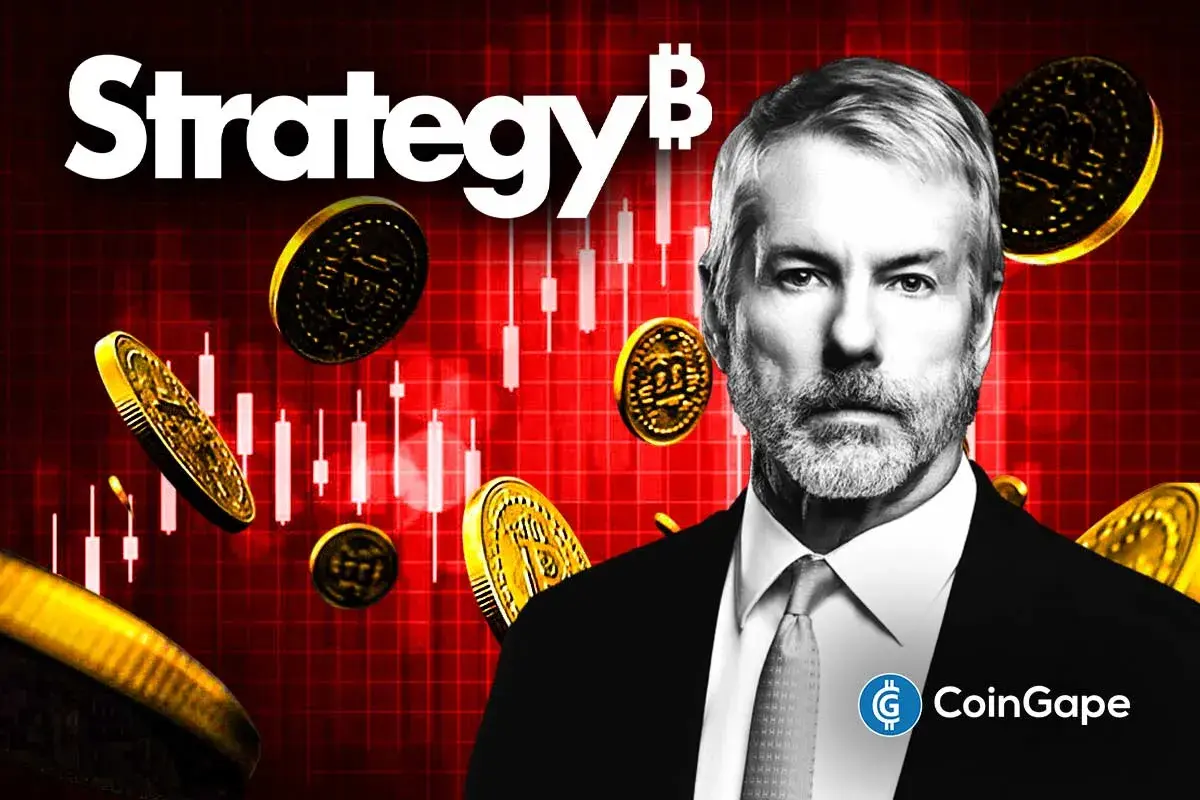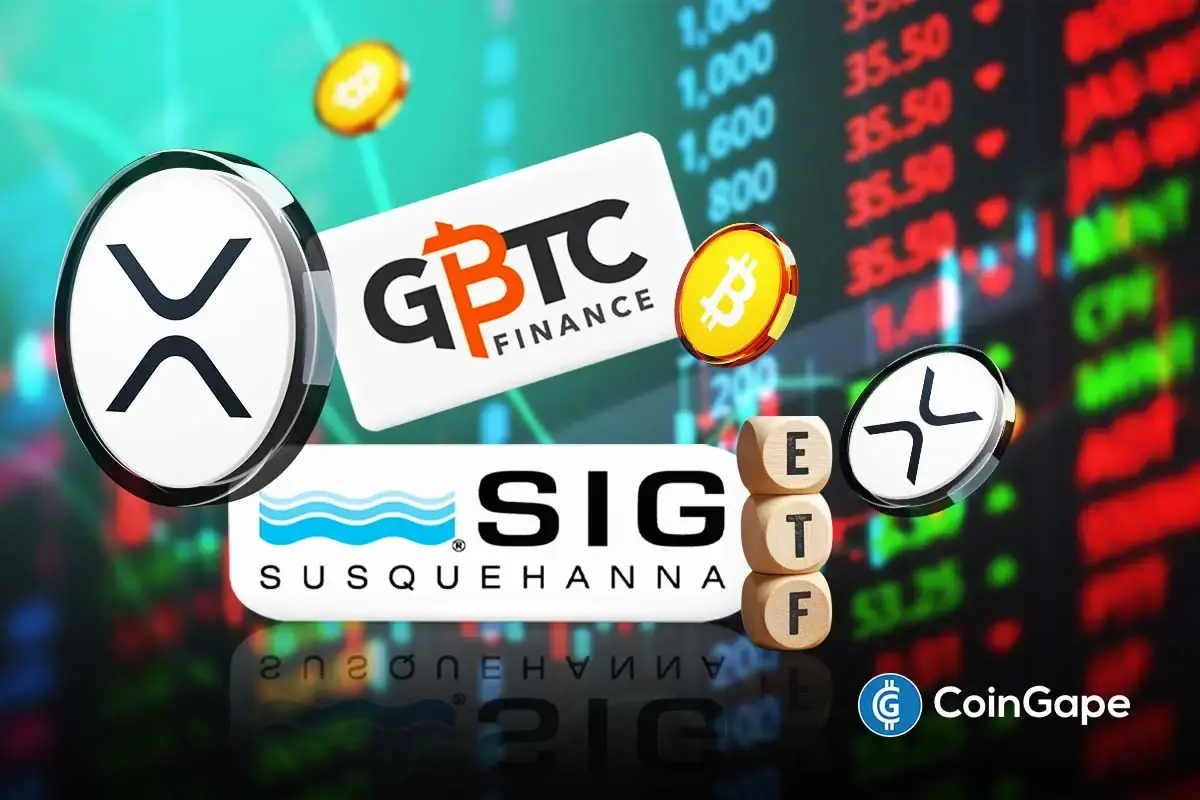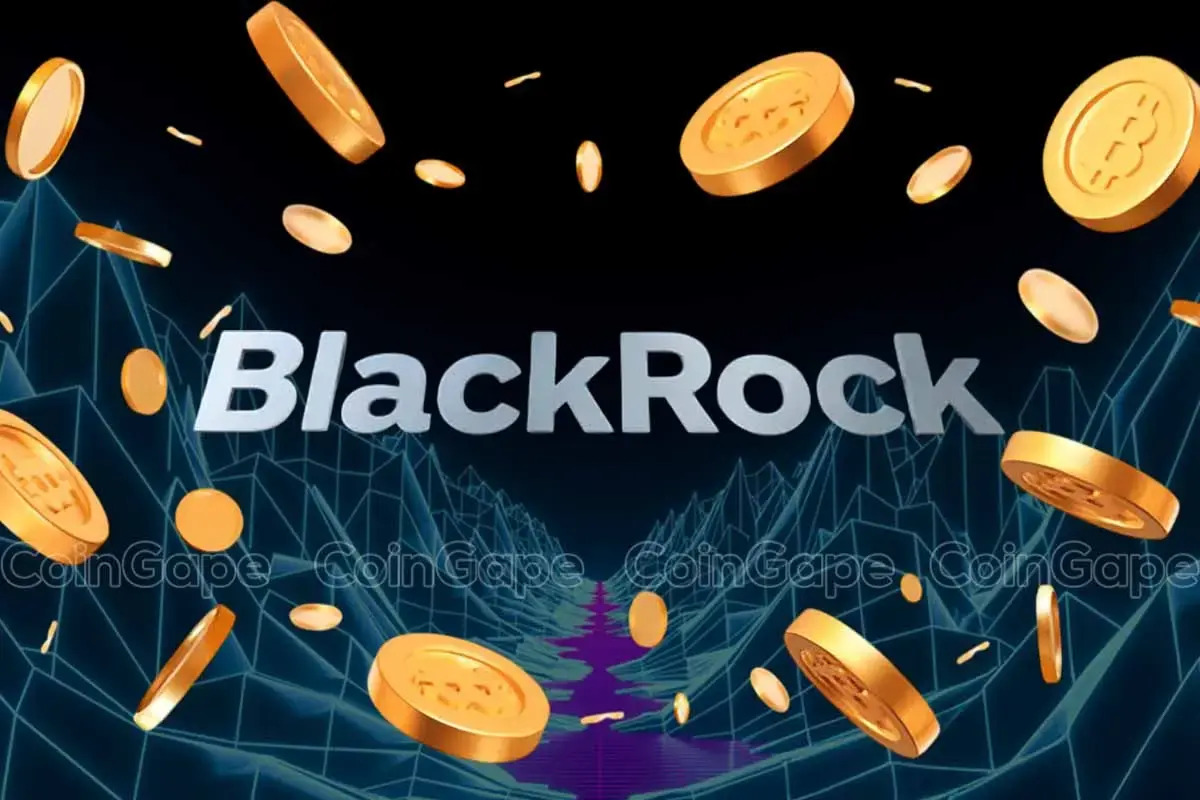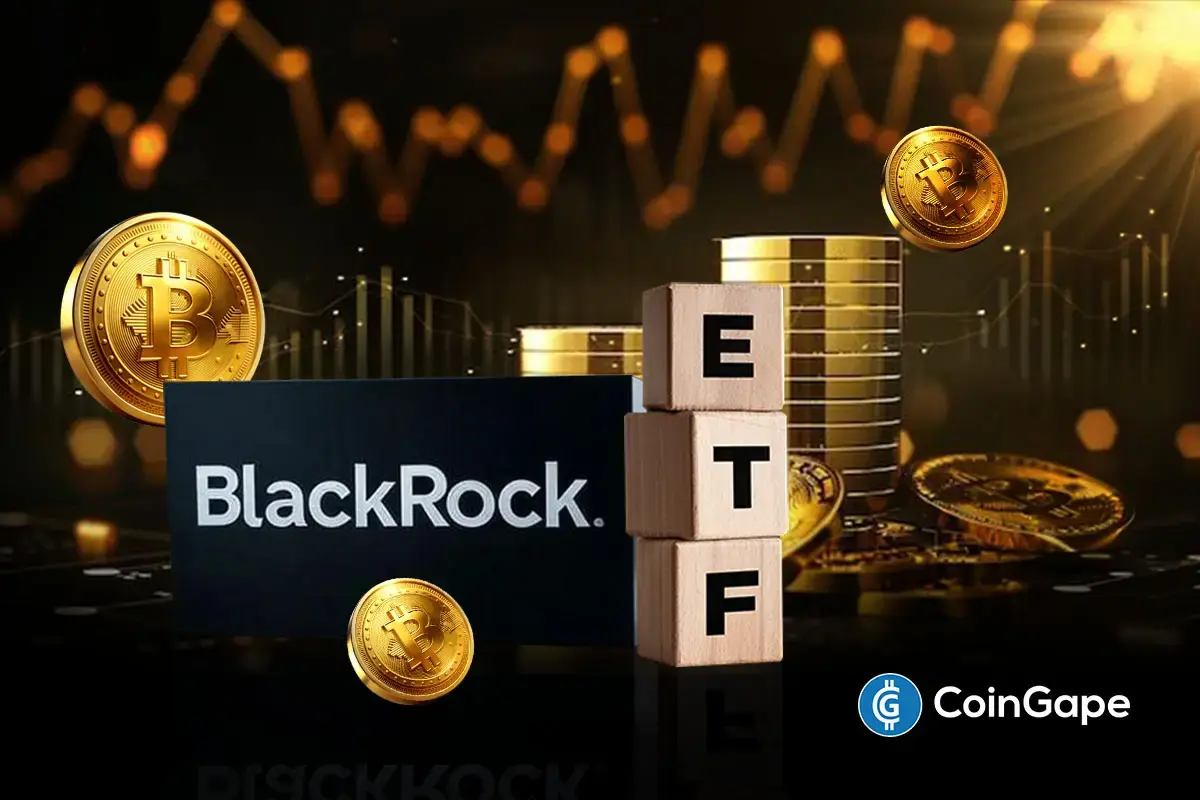Breaking: SEC Has Not Approved BlackRock’s Spot Bitcoin ETF

The investment community was initially abuzz with excitement as rumors swirled on social media about the approval of BlackRock’s spot Bitcoin ETF. However, those hopes were dashed when BlackRock clarified that their application is still under review by the Securities and Exchange Commission (SEC).
BlackRock Bitcoin ETF Rumor and Market Reaction
Rumors of the SEC approving BlackRock’s spot BTC ETF application spread like wildfire on social media earlier today. These unverified claims led to a more than 10% surge in the price of Bitcoin, which momentarily approached the $30,000 mark, according to on-chain data. These gains, however, were short-lived, as the market swiftly corrected itself.
Eleanor Terret, a news reporter for Fox Business, took to social media platform X to confirm the truth. BlackRock had indeed not received approval for their Bitcoin ETF application. In the post, she stated,
“BlackRock has just confirmed to me that this is false. Their application is still under review.”
The recent rumors about BlackRock’s Bitcoin ETF approval coincided with the SEC’s announcement that it would not appeal Grayscale’s court ruling. This ruling required the SEC to reconsider Grayscale’s proposal to convert its flagship GBTC fund into a spot Bitcoin ETF. While this decision might be seen as a positive development in the path towards Bitcoin ETFs, it does not guarantee approval.
The SEC’s Ongoing Review Process
The SEC has been at the center of the Bitcoin ETF approval process, and it remains a crucial factor in the journey toward regulatory acceptance of such financial instruments.
Last month, the SEC announced that it was instituting additional proceedings to assess whether proposed spot BTC ETFs from prominent names like BlackRock, Invesco, Valkyrie, and Fidelity among others should be approved or disapproved. This step seemed to introduce yet another layer of review, potentially extending the ongoing deliberation for at least another month.
The SEC’s cautious approach is rooted in concerns about market manipulation, investor protection, and ensuring that sufficient safeguards are in place before green-lighting Bitcoin ETFs. The SEC’s regulatory stance is one of careful consideration and deliberation, and it remains to be seen when, or if, the regulator will approve such ETFs.
Play 10,000+ Casino Games at BC Game with Ease
- Instant Deposits And Withdrawals
- Crypto Casino And Sports Betting
- Exclusive Bonuses And Rewards

- Senate Eyes CLARITY Act Markup This Month as Banks, Crypto Continue Stablecoin Yield Talks
- Why XRP Price Rising Today? (2 March)
- Breaking: Bitcoin Price Rises to $70k as Gold Crashes Amid U.S.-Iran Conflict
- Bitcoin News: Anthony Pompliano’s ProCap Buys 450 BTC, Gold Bug Peter Schiff Reacts
- Fed Rate Cuts More Likely If U.S.-Iran Conflict Extends, Arthur Hayes Predicts
- Top 5 Historical Reasons Dogecoin Price Is Not Rising
- Pi Coin Price Prediction for March 2026 Amid Network Upgrade, KYC Boost, Rewards Distribution
- Gold Price Nears ATH; Silver Eyes $100 Breakout on Us- Iran War
- Bitcoin And XRP Price As US Kills Iran Supreme Leader- Is A Crypto Crash Ahead?
- Gold Price Prediction 2026: Analysts Expect Gold to Reach $6,300 This Year
- Circle (CRCL) Stock Price Prediction as Today is the CLARITY Act Deadline

 Buy $GGs
Buy $GGs






